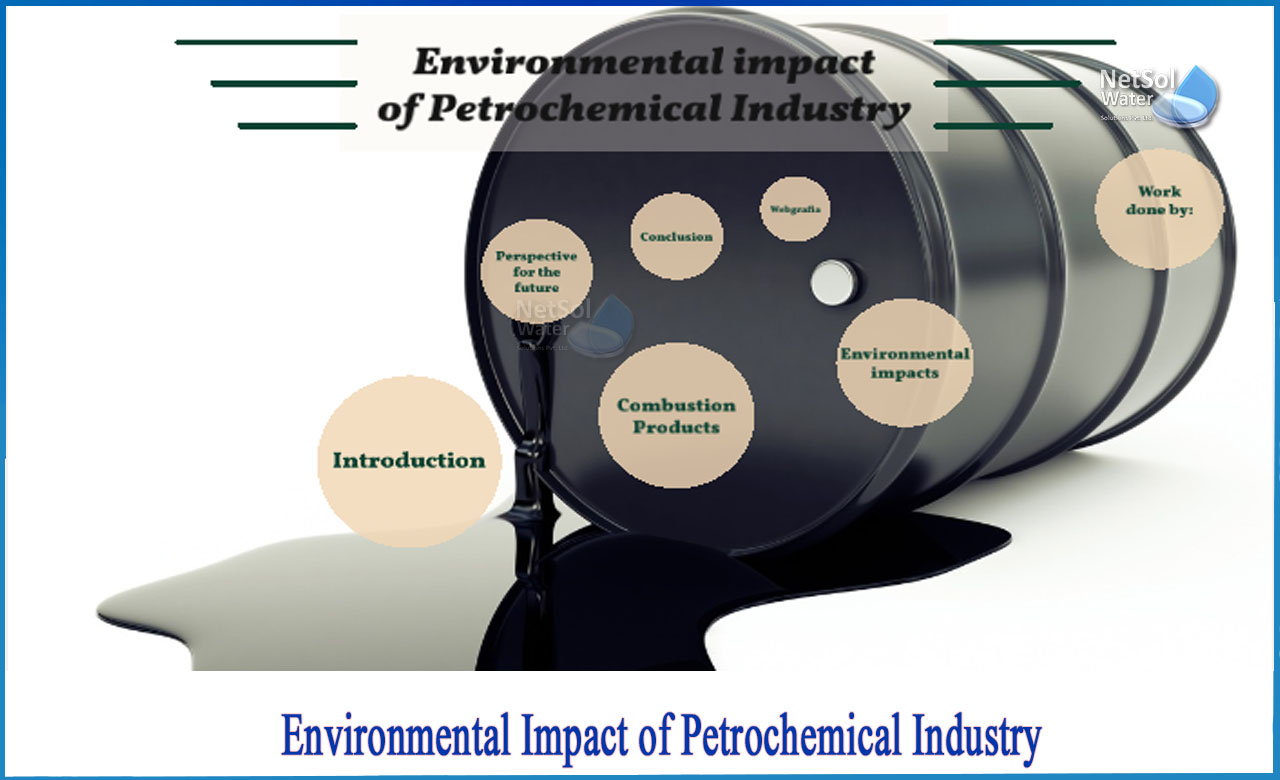Introduction
The oil industry generates a lot of petrochemical effluent. Before it may be discharged to any receiving waterways, the wastewater comprises a variety of organic and inorganic components that must be properly treated. The complexity of wastewater and the need for strict discharge limits have pushed the development of wastewater treatment using a variety of approaches.
Why should be the waste water from petroleum industry treated?
More oil/oil refinery waste has been generated as modern society's consumption of oil has increased. The oil processing wastewater/waste contains large levels of aliphatic and aromatic petroleum hydrocarbons, among other things. Plants and aquatic life in surface and ground water sources will be harmed if this is discharged directly. Wastewater treatment is required before to release due to its organic origins, complicated character, and harmful consequences. Biological treatment is commonly used to mitigate the impacts of petrochemical waste.
Researchers have been pushed to create improved treatment facilities with high treatment efficiency, low maintenance, footprint, and operational costs due of stringent requirements. To treat petrochemical effluent, biological anaerobic, anoxic, and aerobic digestion (or a combination of these) have been used. The use of physicochemical methods to optimize the pretreatment process is also vital for obtaining adequate pretreatment wastewater for efficient biological secondary treatment.
What is Petrochemical wastewater?
The term "petrochemical wastewater" refers to wastewater from oil-related sectors in general.
Oilfield production, crude oil refinery plants, olefin process plants, refrigeration, energy units, and other occasional wastewaters are all possible sources of petrochemical wastewater. Different types of waste-water include variable compounds and have different levels of toxicity and degradability when it comes to biological treatment. Based on the origins, the petrochemical wastewater has been classified into oilfield-produced wastewater, petrochemical refinery, and oily wastewater.
Crude oil extraction from oil wells that contain high concentrations of artificial surfactants and emulsified crude oil with high COD and low biodegradability generates oilfield-produced waste-water. It contains complex resistant organic pollutants such as polymer, surfactants, radioactive chemicals, benzenes, phenols, humus, polycyclic aromatic hydrocarbons (PAHs), and various types of heavy mineral oil that are created during oil extraction in oil fields.
How is petroleum wastewater produced?
Petroleum refinery wastewater is produced during the production of more than 2500 refined products. Cooling systems, distillation, hydrotreating, and desalting can all produce wastewater. Refinery wastewater compositions might vary depending on the operational units for different products at different times and locations. In such effluent, different quantities of ammonia, sulphide, phenols, Benzo, and other hydrocarbons are usually present.
What are the environmental impacts of petrochemical industry?
Environmental Impact Researchers in the Petrochemical Industry have looked into a variety of petrochemical effects on the environment. The manufacture of petrochemicals adds to contamination of the air, water, and soil. This can have an impact on smaller systems, such as individual ecosystems, but it also has global implications.
Greenhouse gases emitted during the manufacture of petrochemicals, for example, can contribute to global climate change.Water pollution occurs as a result of petrochemical production, both on the surface in lakes, ponds, and streams and below ground in groundwater. Wastewater contaminated with sulphides, ammonia, and other chemicals is produced during the petrochemical manufacturing process. Some plants use wells to inject wastewater underground, resulting in contamination of aquifers and groundwater where people get their drinking water in the past. For all the negative impacts which a waste water generated from petrochemical sectors pose, ETP is a must have thing.
Wastewater from petrochemical plants contains a variety of compounds. Wastewater sources, discharge requirements, and treatment efficiencies all influence and specialize treatment methods. Pretreatment methods are commonly used to treat petroleum refinery effluent before it is delivered to a biological process for organic removal. The removal of free oil and gross solids; the removal of dispersed oil and solids by flocculation, flotation, sedimentation, filtration, microelectrolysis, and other methods; and increasing the biodegradability of wastewater are all examples of first treatment.
Considering all these environmental effects from the petroleum industry, it is essential to install ETP’s in such industries to protect water and aquatic life.
For any issues related to ETP, STP or any other waste water related products, contact Netsol water.
Netsol Water is Greater Noida-based leading water & wastewater treatment plant manufacturer. We are industry's most demanding company based on client review and work quality. We are known as best commercial RO plant manufacturers, industrial RO plant manufacturer, sewage treatment plant manufacturer, Water Softener Plant Manufacturers and effluent treatment plant manufacturers. Apart from this 24x7 customer support is our USP. Call on +91-9650608473, or write us at enquiry@netsolwater.com for any support, inquiry or product-purchase related query.



